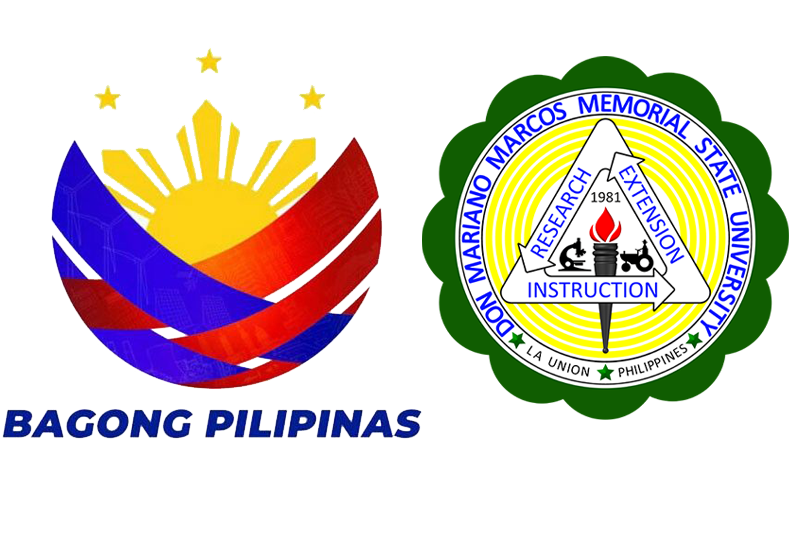To sustain quality and excellence in the monitoring and evaluation of various processes in the University, the Internal Quality Assurance System (IQAS) unit facilitated the conduct of a virtual Internal Quality Audit training last July 28-30, 2021. Participants of the training were the internal auditors, IQA observers, IQAS facilitators, selected faculty members, and librarians in the University.


The said endeavor provided the participants an in-depth understanding of the ISO 9001: 2015 clause requirements and ISO 19011:2018 (Guidelines for Auditing Management Systems). Standard writing of Nonconformity report and Opportunities for Improvement, as well as proper preparation and distribution of audit reports were likewise discussed. Workshops, exercises, and simulations were observed in between the training to ensure proper application of learnings. Ms. Mary Glory Caunin, consultant of the JBDC Occupational Health, Safety and Environment Consultancy, served as the learning service provider.
“As an Internal Quality Auditor of the university, I find the training so timely and relevant. It has helped me better understand areas to be evaluated and documented information to ask from the auditee during the audit. This training has further equipped me with the necessary skills in auditing, ” Shaine Arellano, Internal Quality Auditor from the Central Administration, said when asked about her experience from the 3-day training.
On the other hand, Dr. Angelita J. Prado, Director of IQAS underscored significant role of Internal Quality Auditors in the University in her message, during the training.
“The role of the internal auditors should not be underestimated as they are very much responsible in ensuring that our University is well-prepared and audit-ready for external evaluations like that of ISO surveillance evaluation come November 2021. Internal Auditors are the ones responsible for the first party audit. Thus, upskilling of internal auditors must be conducted regularly to ensure a better-quality management system”.
The said training did not only serve as venue to update knowledge and skills of existing internal auditors but also served as recruitment channel for new auditors who passed the examination conducted by the training provider. (Neil Bryan Tugelida)
